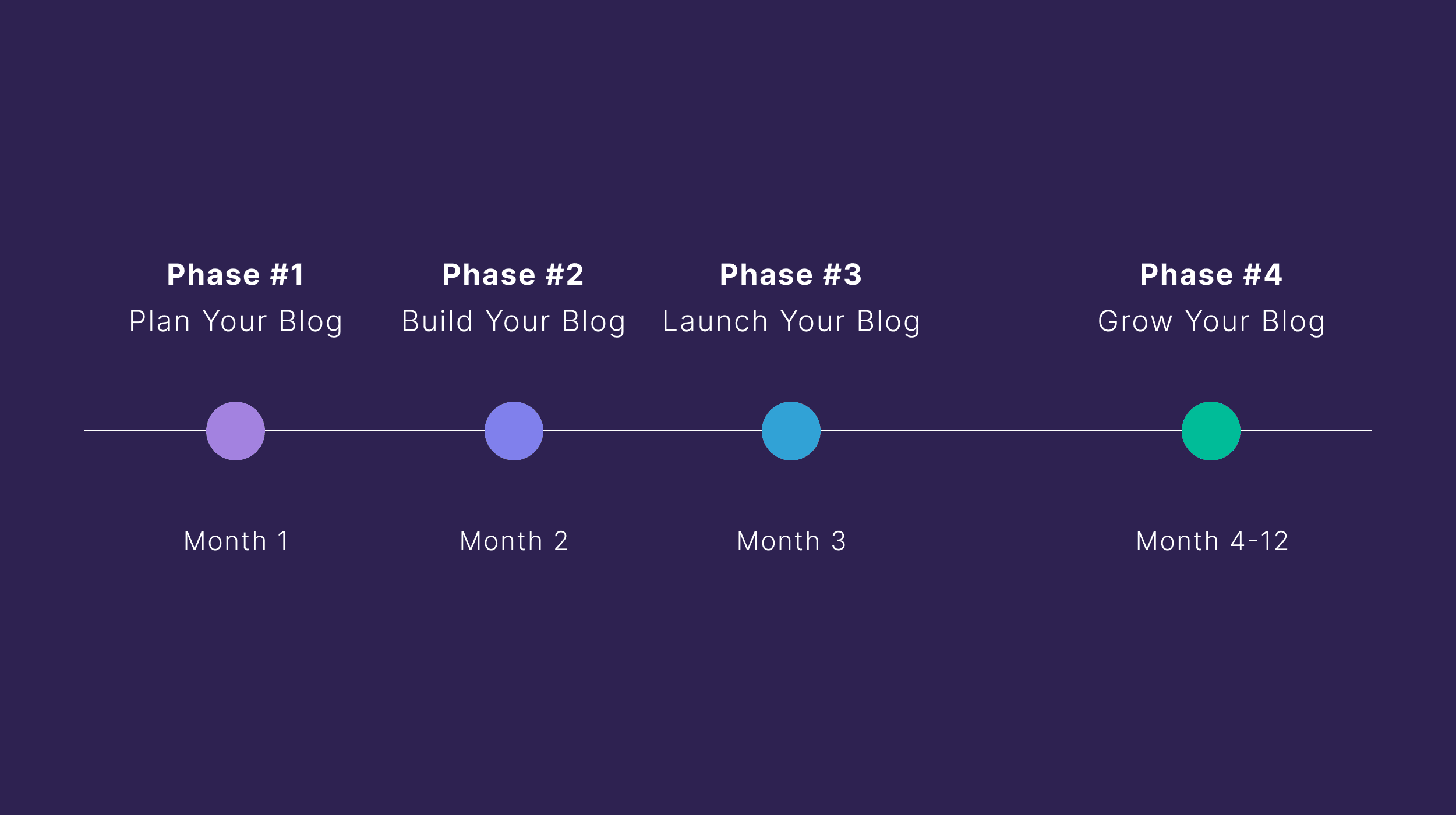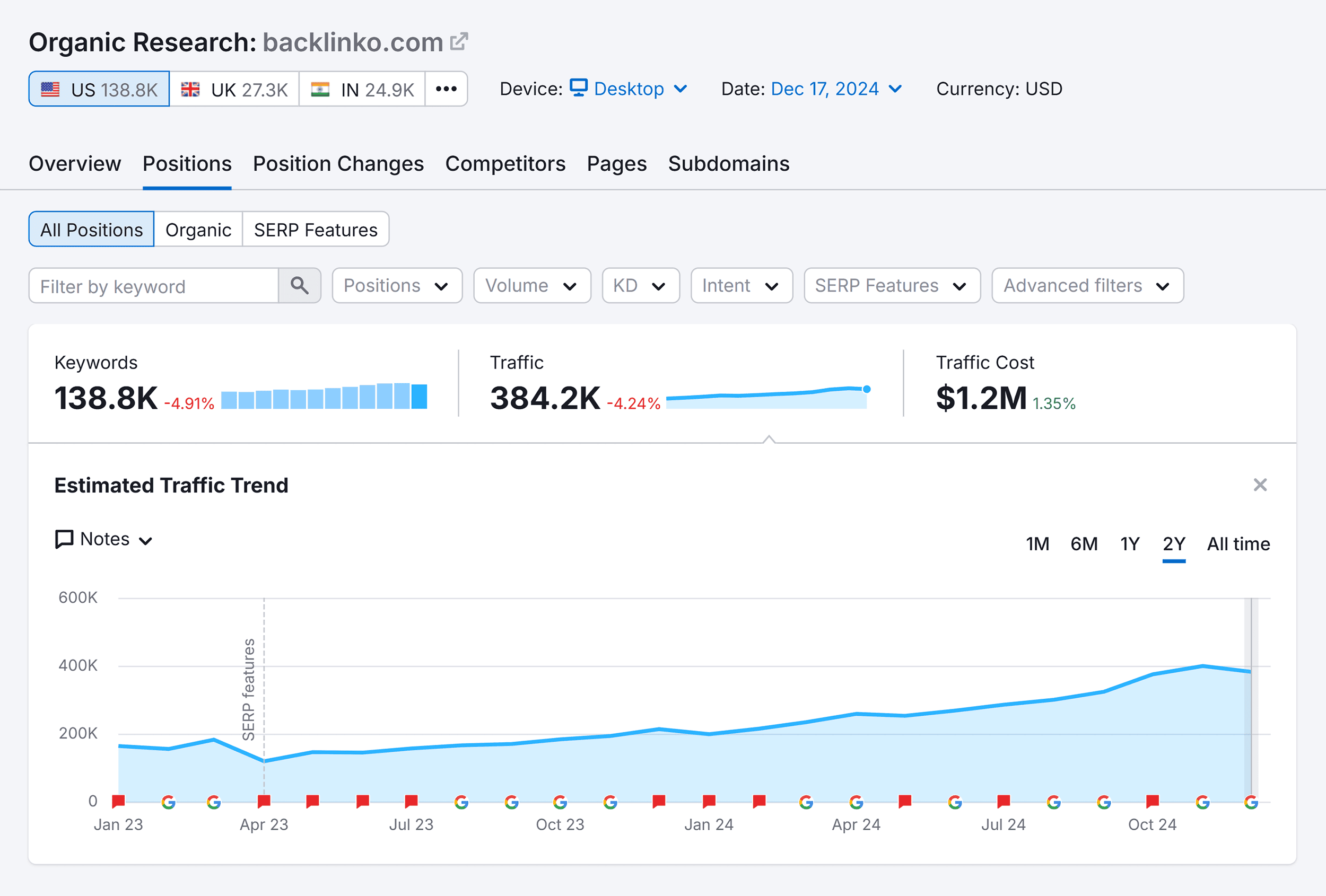I asked 11 of SEO’s own headline acts to share their best advice for aspiring speakers.
Here’s their personal roadmap for speaking on the biggest stages, building your personal brand, and even getting flown around the world on someone else’s dollar.
Public speaking is a skill like any other, something that can be improved and developed. Many of SEO’s biggest names still make time to practice, via training, studying famous speakers, or just simply workshopping their presentations out loud:
I highly recommend doing speaker training. You can pick up some great tactics to make your speaking better. I paid for speaker training from my team with the organiser of Ted X, and it was extremely valuable.
Limit the desire to study marketing speakers for inspiration. Instead, study the greatest orators and comedians of all time to better understand how to tell a story that captivates and hooks an audience.
Practice your full talk out loud at least once before you present. This is probably the number one most important rule I’ve learned as a speaker – you need to formulate the sentences out loud a few times for the talk to become muscle memory.
Want to learn from the best speakers in the world?
There’s a Ryan Holiday quote about writing that I regularly share with my team, and it applies equally here: if you want to be a good speaker, “go do interesting things.”
You don’t have to be a world-class orator if you share an interesting idea and jump straight to the good stuff.
Having something interesting to say is critical, in my opinion. I go to lots of conferences where speakers talk about topics that have already been covered many times or that the audience could look up on the internet. But presenting something fresh and interesting is hard. That’s where the value is!
Typically, people want to hear unique information. This is not something you’ve heard before that you want to share on stage, but something you figured out yourself. So, years of experience definitely contribute to your ability to become a speaker.
Never waste time on an introduction. So many speakers waste 5 minutes at the start of their presentation explaining who they are and why they’re important. No one cares. Everyone can Google that information or read your bio in the pamphlet for the event. Get to the good stuff. Deliver value immediately or capture the audience’s attention with something bold.
With a few talks under your belt, you want to think about “niching down”, and focusing your topics on a particular topic or style. As Cyrus explains:
Remember that organizers need to cover a diverse set of topics, so having a “niche” can work in your favor.
Lazarina Stoy has great ideas for finding a niche that feels right for you:
Choose a topic or even talk format that is unique to you. You could do this by doing an ‘audit’ of your processes and compare/contrasting to others.
You could do this by analysis, research, and insights from events (think Lily Ray’s Winners and Losers from Algorithm Updates series).
You could do this by giving an old process a revamp by incorporating new technology or new data to enhance the insights.
You could do this by showing how a process is different in your niche (e.g. on-page SEO for Healthcare).
The opportunities are endless!
The more people you connect with and talk to, the greater the odds that lucky, serendipitous opportunities will present themselves to you. As Andy Chadwick explains:
I landed my first conference speaking opportunity through effective networking at the conferences I attended. I made sure to let the right people know that I was interested in public speaking. When other conferences began seeking recommendations for speakers, those connections recommended me.
Bernard Huang is proactive about understanding and addressing the needs of everyone involved in speaking—organizers, other speakers, and your audience:
“If you do become a conference speaker… you now have 3 bosses to please:
1. The conference organizer—your ability to communicate and coordinate with them on deadlines, topics, reimbursements will be remembered.
2. The audience—what will lead to more potential presentations is your ability to deliver meaningful and relevant information to the audience. Present what you know and understand, but make sure you present in a relatable manner, depending on attendees.
3. Other speakers—a hidden benefit of becoming a speaker is the VIP events that you get to attend. You may initially feel imposter syndrome (I know I still do) at these networking events but make sure to play it cool and see how you can help your fellow speakers. This will go a long way since speakers oftentimes get asked to recommend other speakers for future events.
Final thoughts
This should provide a decent roadmap for working your way onto the biggest stages in the SEO industry. With the practical stuff out of the way, I’ll turn the inspirational final thoughts over to Lazarina:
Even if you just motivate someone else by stepping on the podium or by saying something they needed to hear, that’s a win! So, don’t be afraid to give it a go—we’re all rooting for you.
Content Copyrights Belong to The Author. All Rights Reserved.
We're A Dallas Digital Marketing Agency That is Experts At Social Media Marketing, Website Design and Emarketing and Promotion.













